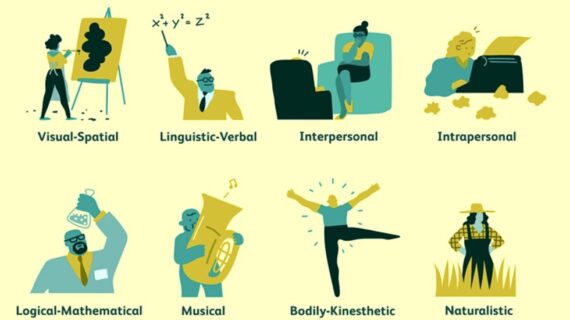From England to the World: The Future of English
English has become the most dominant language worldwide. It all started when it was the language of Britain, a powerful colonial and industrial leader, in the 17th to 19th centuries. Later on, the United States rose to economic prominence in the late 19th and 20th centuries, which further spread the influence of English.
Thanks to radio, television, and, lately, the Internet, English now plays a central role in advertising, marketing, science and technology around the globe. Today, English holds the title of the most widely spoken and sought-after language, with nearly 2 billion speakers, including both native and non-native users.
The big question is: Will English continue its remarkable success as the world’s top language? If so, how will it change and adapt in the future?
Language, a dynamic organism, constantly undergoes transformations. The English spoken in the 15th century is vastly different from the language we use today. Online communication, with its unique quirks like “LOL”, has had a profound impact on this ongoing evolution of English.
Simplification is a natural tendency in language. Human brains instinctively seek to conserve energy, leading us to prefer faster communication to save time and effort.
TLDR 😜
Another influential factor driving the transformation of English is the significant number of non-native speakers. With the majority of English speakers being non-native, a phenomenon known as “Simplified English” has emerged.  Non-native speakers often utilize a core vocabulary of approximately 2-3,000 words for their daily communication and business interactions.
Non-native speakers often utilize a core vocabulary of approximately 2-3,000 words for their daily communication and business interactions.
Surprisingly, only around 15% of English speakers are native speakers. This means that the simplified version of English has become the prevailing form in our modern day. The key characteristics of this transformation include a limited and repetitive vocabulary and the omission of ‘unnecessary’ bits of grammar. These elements work together to shape the language into what it is today. In different parts of the world this simplified English looks and sounds very differently, a kind of ‘dialects’ of the main original language.
TheEconomist says: “The misuses of the language that are still being used and are understood over time are no longer misuses, but a new dialect”.
However, when we examine the transformation of English, it may not solely be a matter of simplification.
The influence of texting language, as discussed in the TED talk titled “Txting is killing language, JK!!,” actually enriches English and contributes to the development of various dialects.
It’s fascinating to note that English used in England differs from the English spoken in the United States, Australia, Canada, or South Africa. Despite these differences, people from these countries can still communicate with each other effectively.
However, this ongoing transformation of English raises an intriguing possibility: English might eventually fragment and give rise to new languages, much like how Latin evolved into distinct languages like French, Italian, Spanish, and the diversification of German into modern Dutch, Danish, and Swedish. Over time, these languages, once derivatives of a common ancestor, became mutually unintelligible, making it impossible for speakers of one language to understand those of another.
This development is interesting because we already see evidence of language overlap and blending today. Terms like Spanglish (Spanish + English), Denglish (German + English), Frenglish or Franglais (French + English) demonstrate how languages can incorporate vocabulary and grammar from each other, creating playful mixes such as “Je suis un Rock Star!”
Let’s admit, predicting the future of English, or any language for that matter, is probably impossible. However, we can speculate and imagine various possibilities as a thought experiment. What are your thoughts on the future of English? Do you believe it will continue as the global language? Share your insights, and let’s embrace the uncertainty with excitement for what lies ahead!








